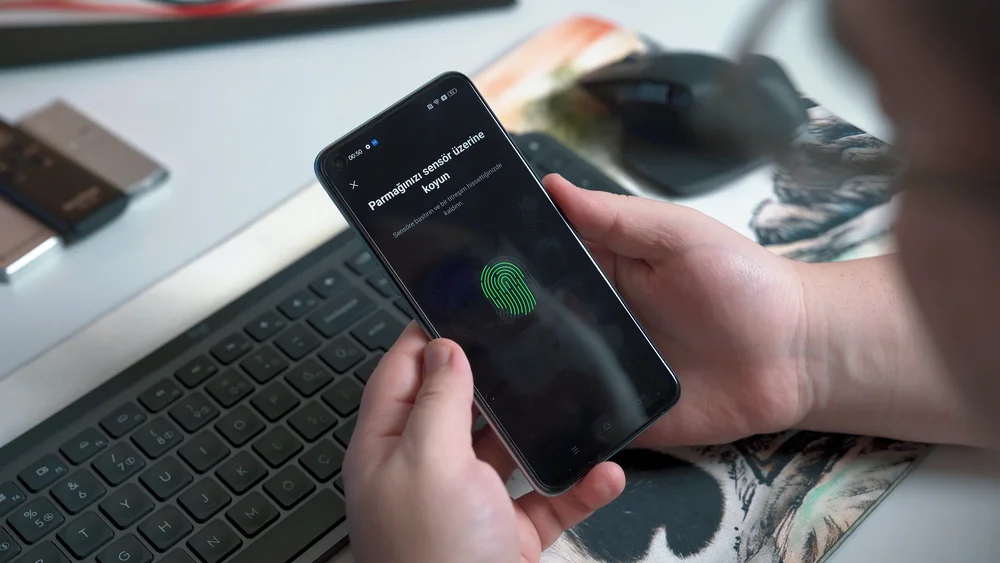How to Recognize and Prevent Cybercrime?
Cybercrime is also on the rise with the increased usage of electronic devices and the internet. While you may think that cybercrime is only limited to hacking, it’s more than that. Cybercrime can range from phishing, personal data breach, and credit card fraud to stalking and harassment. It can cause you significant inconvenience and may even lead to a threat to your personal or financial security.
There’s no doubt that real-world crimes are also a major problem, such as someone stalking you or eavesdropping on your important conversations. To keep yourself safe from real-world criminals, you can use covert surveillance or counter-surveillance equipment from brands like LawMate, but what can you do to recognize and prevent cybercrime? Keep reading this article to learn!
How to Recognize Cybercrime?
Before you can implement steps to prevent cybercrime, it’s imperative to recognize it the right way. Of course, you need to educate yourself on different kinds of cybercrime and how they work, so you can take appropriate action. However, here are some of the most common cybercrime you should be aware of.
- Phishing attacks – You may receive an email from an unknown sender that may look real, and they may encourage you to click on a link or open an attachment. This will allow the virus to enter your system, or you may also reveal your personal/financial info to them.
- Identity theft – Someone else may use your personal and financial info to purchase products or get credit. Your bank statements or bill receipt may show evidence that someone is using your personal info.
- Imposter scams – A dishonest person may lure you into sending them money. For example, they may represent themselves as government officials, friends, or family members.
How to Prevent Cybercrime?
Now that you know how to identify cybercrime, here are some of the best tips to help you prevent yourself from a wide range of cybercrime.
1. Create Strong Passwords
You should create strong passwords containing special characters and upper and lower case characters that are not easy to guess. For example, you shouldn’t create a password based on your pet’s name or date of birth.
In addition to strong passwords, you should keep changing them once in a while. Don’t create the same passwords for every account, as one password can give cybercriminals access to all your accounts.
2. Invest in a Robust Antivirus Software
Having antivirus software on your system can help you prevent downloading malicious apps as it will immediately alert you. Furthermore, it will keep scanning your system from time to time to ensure it’s free of any viruses.
In case there’s a breach, it will immediately notify you to take reasonable action.
3. Use VPN for Public Wi-Fi Networks
Whenever you think of using public Wi-Fi, such as in a library or café, you must use it with a VPN. A VPN facilitates you in concealing your IP address, so no cyber perpetrator can get into your system. This way, you can remain safe from viruses and hacks while using public Wi-Fi.
4. Keep Your Software Updated
Whether it’s a software or an app update on your system, you shouldn’t ignore them. These updates help fix bugs and other vulnerabilities that cyber criminals may otherwise take advantage of to hack a system.
Therefore, updating software can drastically help you patch flaws to prevent becoming a target of cybercrime.




